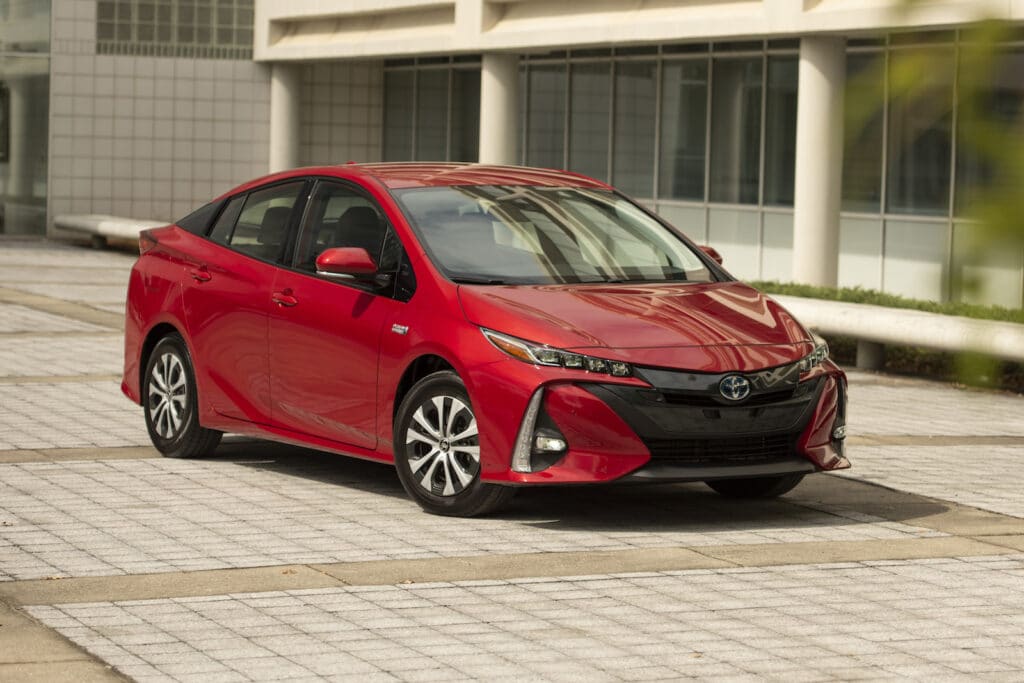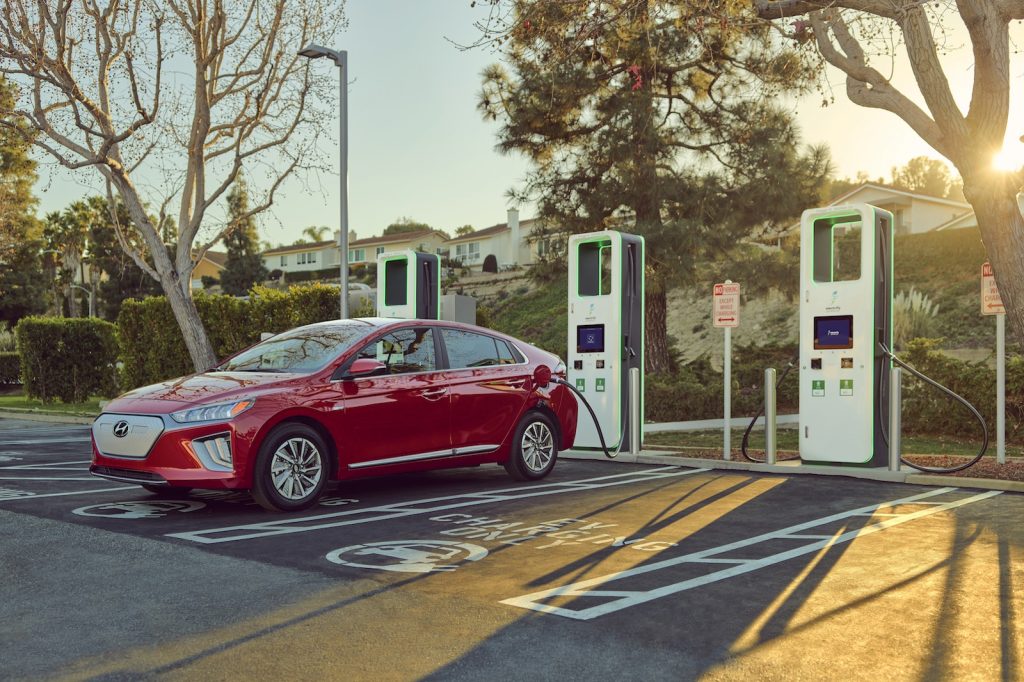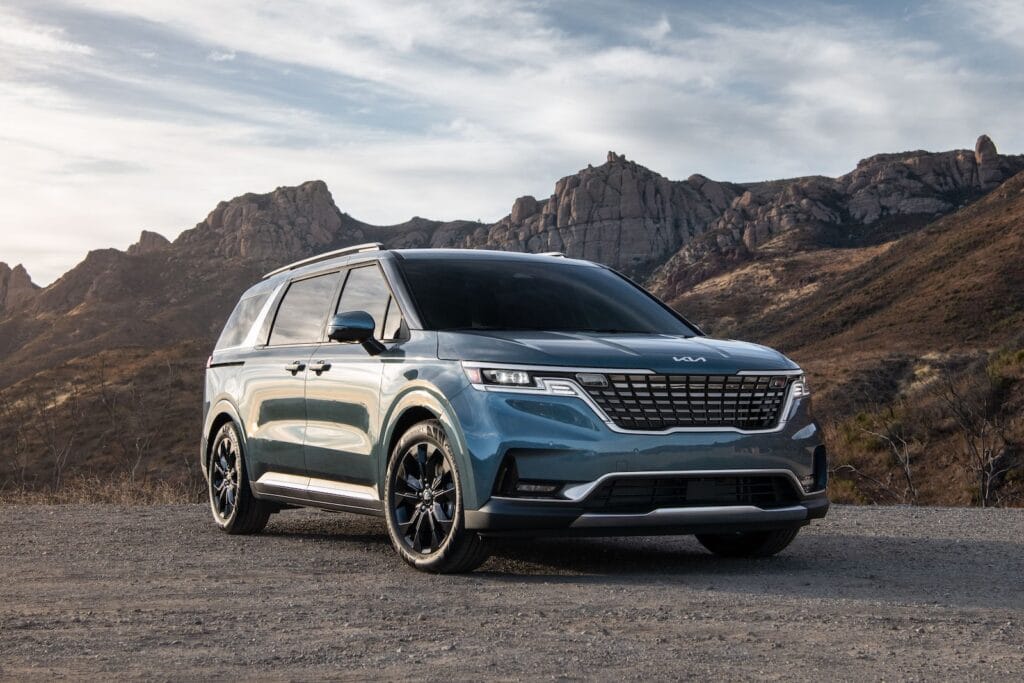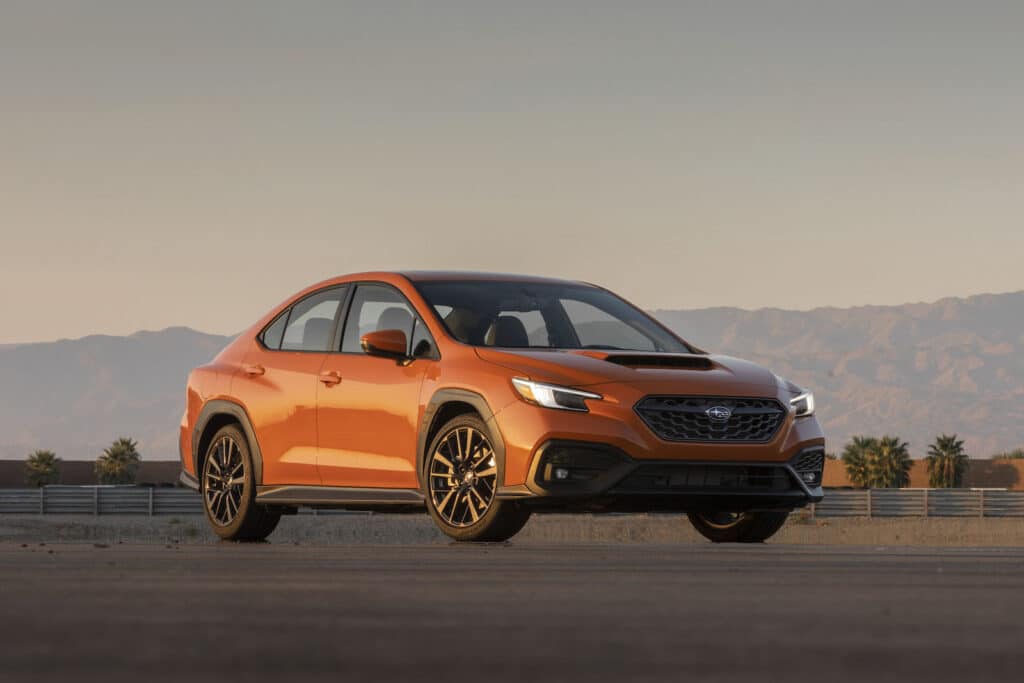The semiconductor shortage and thin inventories continue to take a heavy toll on sales of new vehicles during October as Japanese and South Korean carmakers reported declines in sales reports released Tuesday.

Toyota Motor North America, which early on seemed to escape much of the fallout from the shortages thanks to some judicious stockpiling, ran headlong into the shortage last month. Toyota was forced to make deep cuts in its production schedules during September and October — cuts that will continue.
Earlier this year, TMNA snagged market share from companies such as General Motors and Ford as they grappled with the chip shortage. But Toyota reported October 2021 U.S. sales of 146,670 vehicles, down 28.6% on a volume basis.
Toyota Division sales for the month totaled 124,039 vehicles, down 30.6% while Lexus Division sales for the month totaled 22,631 vehicles, down 15.2 percent.
TMNA, however, reported alternative-powered vehicle sales in October totaled 43,160, up 20.4% — a best-ever result. For the month, total APV sales, which predominately includes hybrids as well as a few fuel-cell vehicles, accounted for more than 29% of total TMNA sales, compared to 17.5% in October 2020.

The figures suggest Toyota is prioritizing production of hybrid vehicles, which have a higher price tag than conventional vehicles with internal combustion engines.
Other Japanese makers
American Honda reported selling 97,083 vehicles in October despite limited inventory of key all-new Honda and Acura models. Honda electrified vehicles set another monthly sales record, approaching the 100,000-unit mark for the year.
Honda brand sales dropped 23.1% while Acura sales were down 27.1 percent. The bright spot in Honda’s line-up was the HR-V, which set a new record for the ninth straight month, posting an increase of 57.2% last month.

Subaru of America Inc. reported a 40% decrease compared with record October 2020 sales. Like its counterparts, supply chain shortages hampered the company in October. However, the automaker also reported year-to-date sales of 499,619, a 0.3% gain compared with the same period in 2020.
“Subaru, like the rest of the auto industry, faces a severe shortage of semi-conductor chips and other key components, that directly impacts our vehicle production. We are working tirelessly, alongside our retailers, to get customers the vehicles they want and need as quickly as possible,” said Thomas Doll, president and CEO.
South Korean makeres hit downdraft
Hyundai, which has seen its sales increase by 28% through the first 10 months of 2021, reported its sales dropped by 1% in October. The brand’s retail sales were up 1% last month, the company reported.
Hyundai’s “eco-friendly” vehicle retail sales continued to grow significantly, increasing 290% for the month. SUV retail sales increased 4% for the month, representing 70% of retail volume.

“Hyundai dealers are turning vehicles quickly as consumer demand remains strong for our product portfolio,” said Randy Parker, senior vice president, National Sales, Hyundai Motor America, in a statement. “We established several total and retail model records in October, and overall, we are continuing to gain substantial market share.”
Kia reported its sales dropped 7.2% in October. Nonetheless, the company’s sales are expected to set a record this year, Kia noted in its monthly sales press release.
Last month, Kia sold 82% of its available inventory with much of that demand focused on hybrids and BEVs, the company noted. Compared with last year, the company’s electrified vehicle sales are up 91% through October.
“Demand for new Kia vehicles remains strong as evidenced by selling more vehicles in the first ten months of 2021 compared to all of 2020,” said Eric Watson, vice president, sales operations, Kia America. “Despite ongoing supply chain issues and chip shortages, we expect our available supply and robust customer interest will help us have a strong finish to the year.”
Analysts generally expected sales to fall 20% during October because of the slender inventories that have discouraged buyers.








I see the worker shortage issue is hurting The Detroit Bureau more than usual. Need an extra effort to hire a proof reader. Spell check on Word works a lot better than whatever you use.
Actually, our spelling is excellent, but occasionally we’re human and miss a few things on busy days. That said, perfect is always best. MS